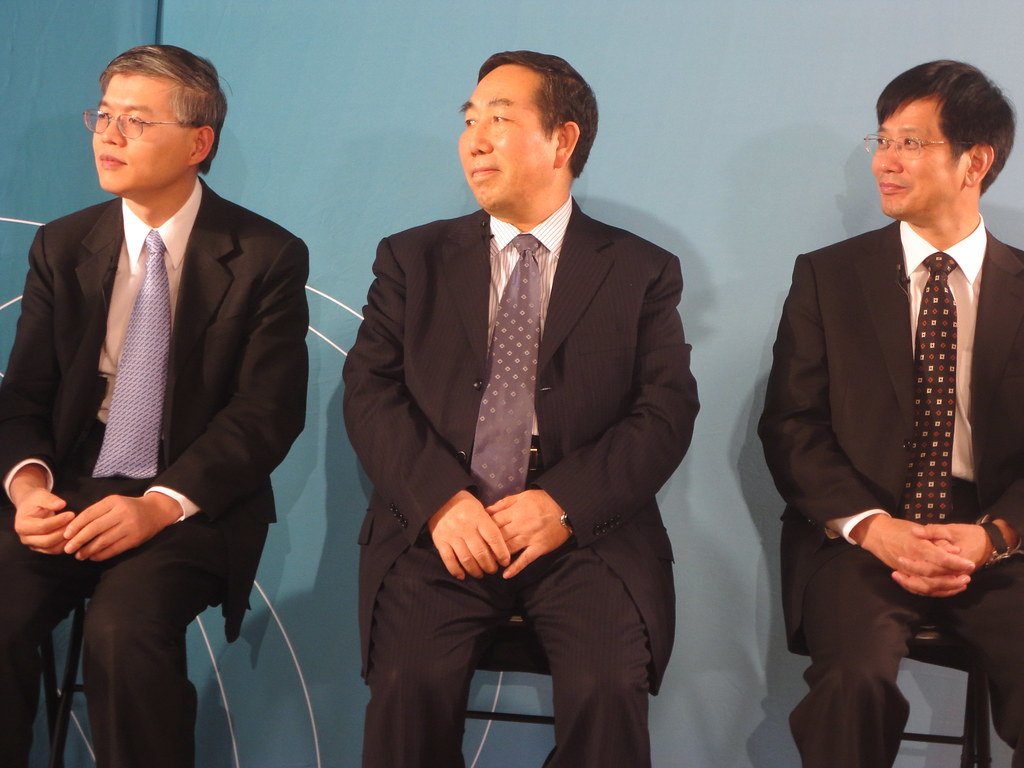Strengthening Sino-Indonesian Economic Ties: A Detailed Exploration
In a world of changing political landscapes and evolving economic powerhouses, bilateral relations between nations are of paramount importance. Among the rapidly developing dynamics in international relations, the strengthening ties between China and Indonesia deserve special attention. Recently, top officials from both nations sat down to explore avenues to enhance their investment and trade relations. This discussion, held on a Friday, is pivotal, not just for the two nations involved, but for the global economic scenario as a whole.
Key Participants in the Dialogue
At the forefront of this crucial meeting was Indonesia’s dynamic leader, President Joko Widodo. Familiarly and fondly known to many as “Jokowi”, his leadership has marked a new era in Indonesia’s modern political history. Representing the Chinese side was none other than Premier Li Qiang. The significance of having leaders of such stature convene signals the immense potential and urgency in further consolidating the bilateral ties between the two nations.
This pivotal meeting took place after the East Asia Summit held in Jakarta earlier that week, an event that gathers leaders from the East Asian nations to discuss a range of topics, from economic cooperation to regional security issues.
China’s Enthusiasm to Expand Imports from Indonesia
During the meeting, Premier Li Qiang expressed China’s keen interest in expanding its import palette from Indonesia. The focus here wasn’t just on any imports, but specifically on Indonesian bulk commodities, and more importantly, on the country’s premium agricultural and fishery products. The mention of these products underscores the value China places on Indonesia’s agricultural strength and potential.
Such an expanded trade relationship would, without a doubt, positively impact the Indonesian economy. The potential rise in exports could lead to increased revenue, job creation in the agricultural and fisheries sectors, and even pave the way for technological innovations to boost product quality, keeping up with China’s high standards.
Invitation to Chinese Enterprises
Jokowi, not just a strategic leader but also a visionary, extended an invitation that could be a game-changer for Indonesia’s future urban and infrastructural development. He specifically welcomed Chinese companies, encompassing both the private sector and the mammoth state-owned enterprises, to actively participate in constructing Indonesia’s ambitious new capital project, Nusantara. With a projected budget of $32 billion, the establishment of Nusantara isn’t just about building a city; it’s about creating a symbol of Indonesia’s future aspirations.
China, with its vast experience in infrastructural marvels, from sprawling metros to towering skyscrapers, can significantly contribute to this mega project. The infusion of Chinese expertise, combined with the local knowledge and resources of Indonesia, can ensure Nusantara stands out as a modern urban marvel in the coming years.
Flight Connectivity: Bridging Distances
Another significant topic on the agenda was the issue of flight connectivity between the two countries. Given the sheer size of China and Indonesia and their importance in regional tourism and trade, enhanced flight connectivity can exponentially boost both tourism and business opportunities. Easier and more frequent flight connections could mean more Chinese tourists exploring Indonesia’s diverse landscapes and vice versa. It’s not just about tourism; better connectivity could also facilitate smoother business trips, fostering stronger interpersonal business relations.
E-Commerce: The New Frontier
In today’s digital age, it would be remiss not to acknowledge the power and potential of e-commerce. Recognizing this, both nations, through their commerce ministries, inked an agreement to expand their collaboration in the e-commerce realm. The Chinese statement clarified this accord’s significance.
With China’s vast digital infrastructure and e-commerce dominance and Indonesia’s rapidly growing digital user base, this collaboration could set a new benchmark in international e-commerce partnerships. From shared technological advancements to opening up vast markets for entrepreneurs from both nations, the possibilities are endless.
In Conclusion
The recent meeting between Indonesian and Chinese top officials wasn’t just another diplomatic engagement. It symbolized the promise of a shared future marked by collaborative growth, mutual respect, and intertwined economic destinies. As the world watches, it’s clear that the Sino-Indonesian relationship is poised to reach newer heights, impacting not just the Asia-Pacific region but the global economic tapestry as a whole. The world, undoubtedly, awaits the fruits of this burgeoning partnership.
Read More:
